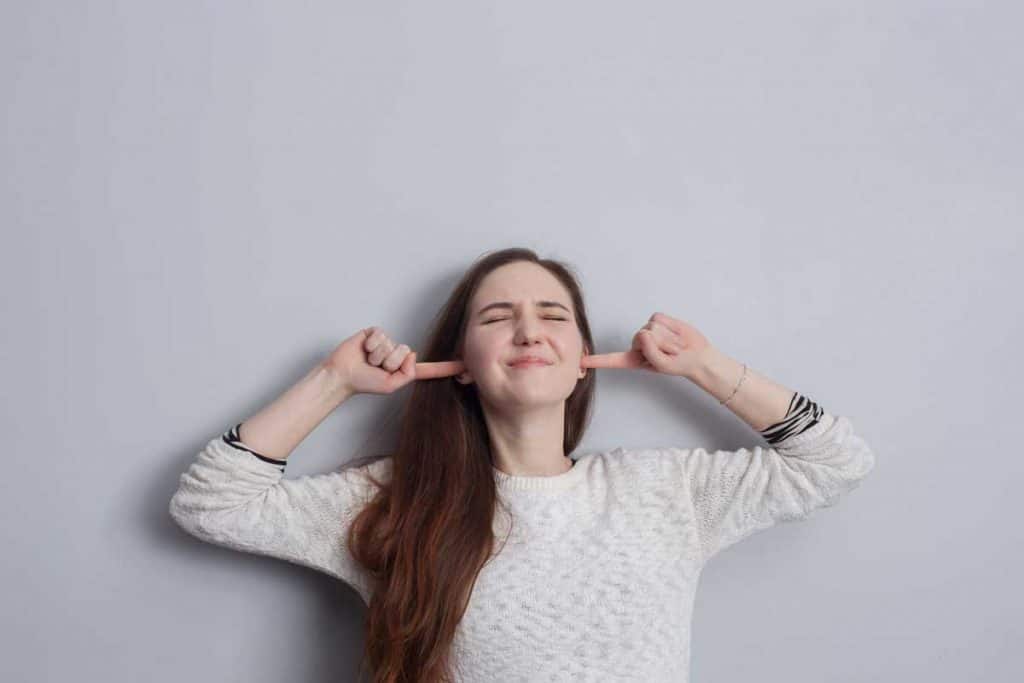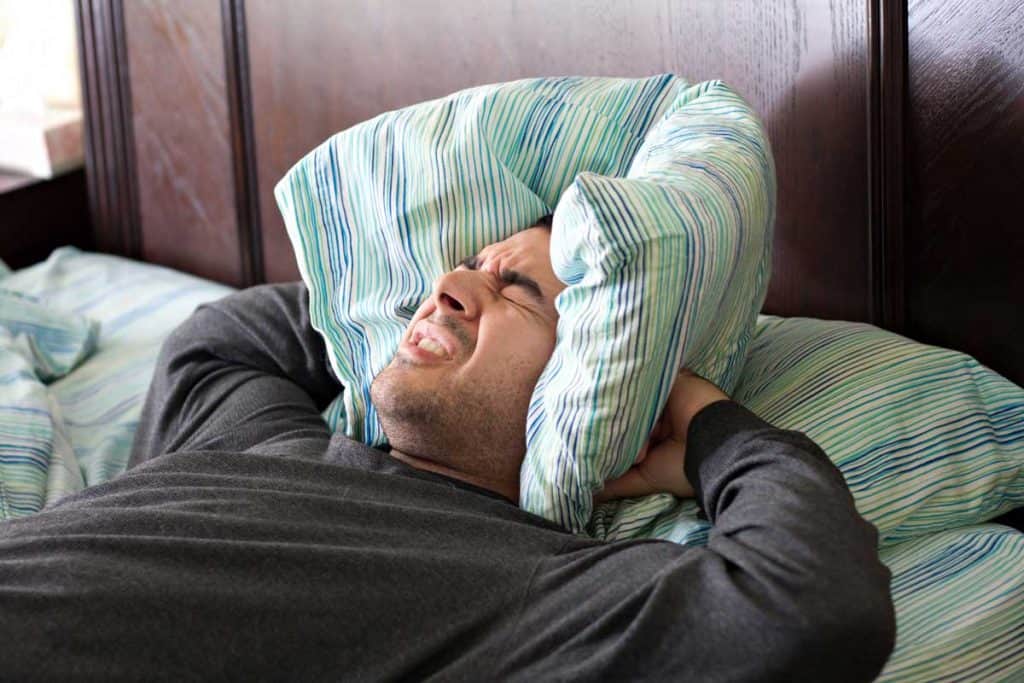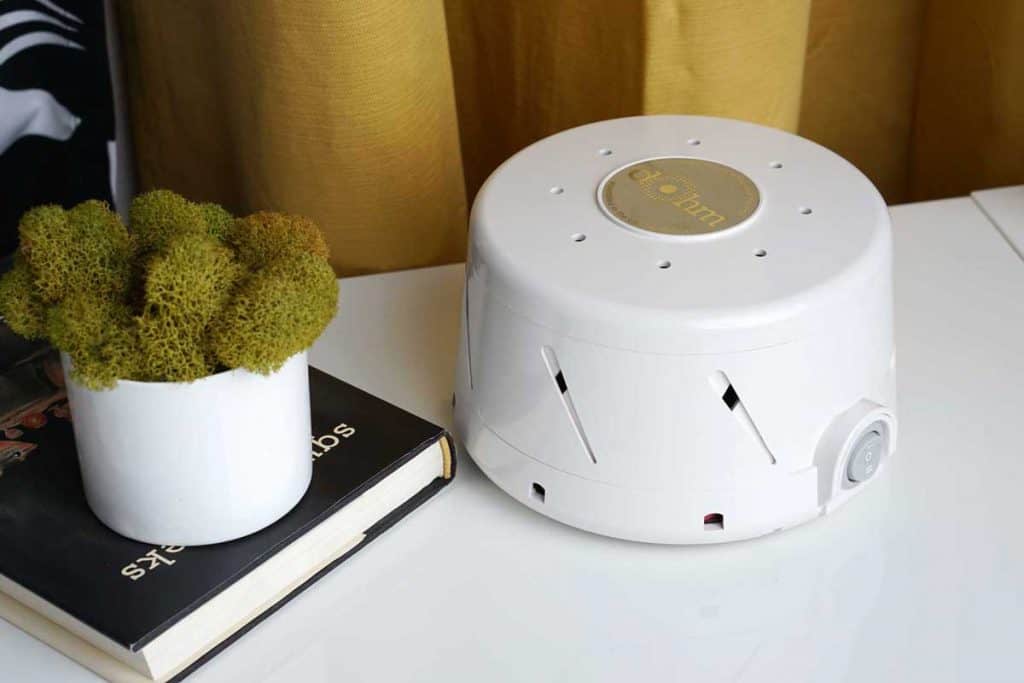
People say, “Silence is golden,” but don’t you know noise affects sleep satisfaction as well? There are bad and good noises and they come either to disrupt your sleep or improve it. Sounds can be a fickle matter. Some can be drawn to the noise of the rain or withdraw from it. What’s more, people even say that silence is deafening.
Why is it so? Learn how noise affects sleep satisfaction and see whether it can enhance or disturb your overall sleep experience.

Night interrupters
Did you know that even while you sleep the brain can still process sounds? The registration of noises can trigger your heart rate, nerves, or blood pressure enough to rouse you from sleep.
Sounds like playing children, howling dogs, or urban city noise can irritate you when you hit the hay. As much as 30 dB of noise affects sleep satisfaction. Here’s how night interrupters cause havoc on your body clock.
Restlessness at nighttime, and fatigue at daytime
Have you been tossing and turning all night? Certain noise levels can interrupt you while sleeping, thus leading to a long, restless evening. Even when you’re sleeping, the brain records these high-noise sounds and decreases sleep satisfaction. More so, your mood will change the next day. You get to experience fatigue, followed by stress, anxiety, aggression, nervousness, or irritation.
Frequent waking
Frequent waking leads to shortened sleep duration and added sleep dissatisfaction. For example, a sudden startle every 20 minutes will definitely get into your nerves and will pick up by your senses. Your body will also become tense and rigid as you prepare for the next noise to startle you. This will make it harder for you to sleep at night due to the adrenaline rushing from the noise that startled. You will eventually fall asleep, but when you wake up in the morning, you’ll feel unsatisfied and lethargic.
Sleep struggles
As mentioned earlier, a sudden jolt like the squeal of a baby or honking horn can rush you awake at night. Others will find it hard to go back to sleep and may cause insomnia. Meanwhile, there are people who hardly went back to sleep after the booming noise at all. How noise affects sleep satisfaction is a no-brainer as you battle with sleep struggles.

Is silence deafening?
Some people feel that silence is deafening at night. It’s also considered as a night interrupter due to having it bothersome for you to sleep. The perfect way to combat this issue is to install low-frequency sounds to lull you for some shut-eye. However, you still need to keep the frequencies around 25 dB and below to prevent loud and jolting noises keep you up.
There are reasons as to why we need sound machines or low-frequency noises make us sleepy:
- Personal preference
- Habit
- Negative experience with silence
- Side-track the mind from annoying sounds
- Decreases the brain’s search for sensory-auditory input
Silence in the night can make other noises louder and more obvious. Your brain will pick this up and register it in your system. Having a sound machine can provide low, fixed, and stable noise to drive you to a peaceful sleep. It can mask other sounds that may keep you awake at night.

Photo from Flickr
White noise and sound machines
Every sound trains new set information in your brain that interferes with relaxation and falling asleep. To mask the noise, you leave a low-frequency sound in the background to get a decent sleep. Learn about how white noise affects sleep satisfaction.
What is white noise?
White noise is the amalgamation of all sounds together heard by humans in a spectrum similar to the concept of light – where the combination of all colors at once creates the color white. Likewise, white noise is the combination of all 20,000 frequencies or tones played all at once.
The noise sounds like a blurred roar, hiss, or shush. Two sample sounds that imitate white noise are the reverberations of a fan or a roaring audience in a football stadium.
Because white noise is a mix of all frequencies, it can block other noises due to the inclusion of audible frequencies that can get lost or hushed when white noise is played. If the outside noise can reach you, it means they’re louder than the white noise.
What about pink noise and brown noise?
Pink noise sounds deeper with less high-pitched frequencies, unlike white noise. Its octave is lowered to balance each frequency with others. Brown noise is a lot deeper than pink noise and can be produced by mixing a frequency with another by mixing random volume or sound to create a new frequency. Think of brown noise like a rushing waterfall.
What are sound machines?
Sound machines can play white, pink, or brown noises to help you sleep at night. They distract our brains and mask annoying sounds our brain can pick while sleeping. Nowadays, people can download apps on iTunes or PlayStore for white noise to play in the background.
What is the best white noise to play at night?
Nobody can really say what the best noise is to play when you sleep. Each has his or her own preference and ranges from a thunderstorm, frogs croaking, washing machine, fan, rushing stream, airplane sound, crickets, and more.
It all comes down to preferences
Some people can’t sleep to noise, while others yearn for it. At the end of the day, it all boils down to preferences. White noise can tune out other sounds when you sleep. For those who have a hard time getting a good night’s rest, you should try playing white noise in the background.





